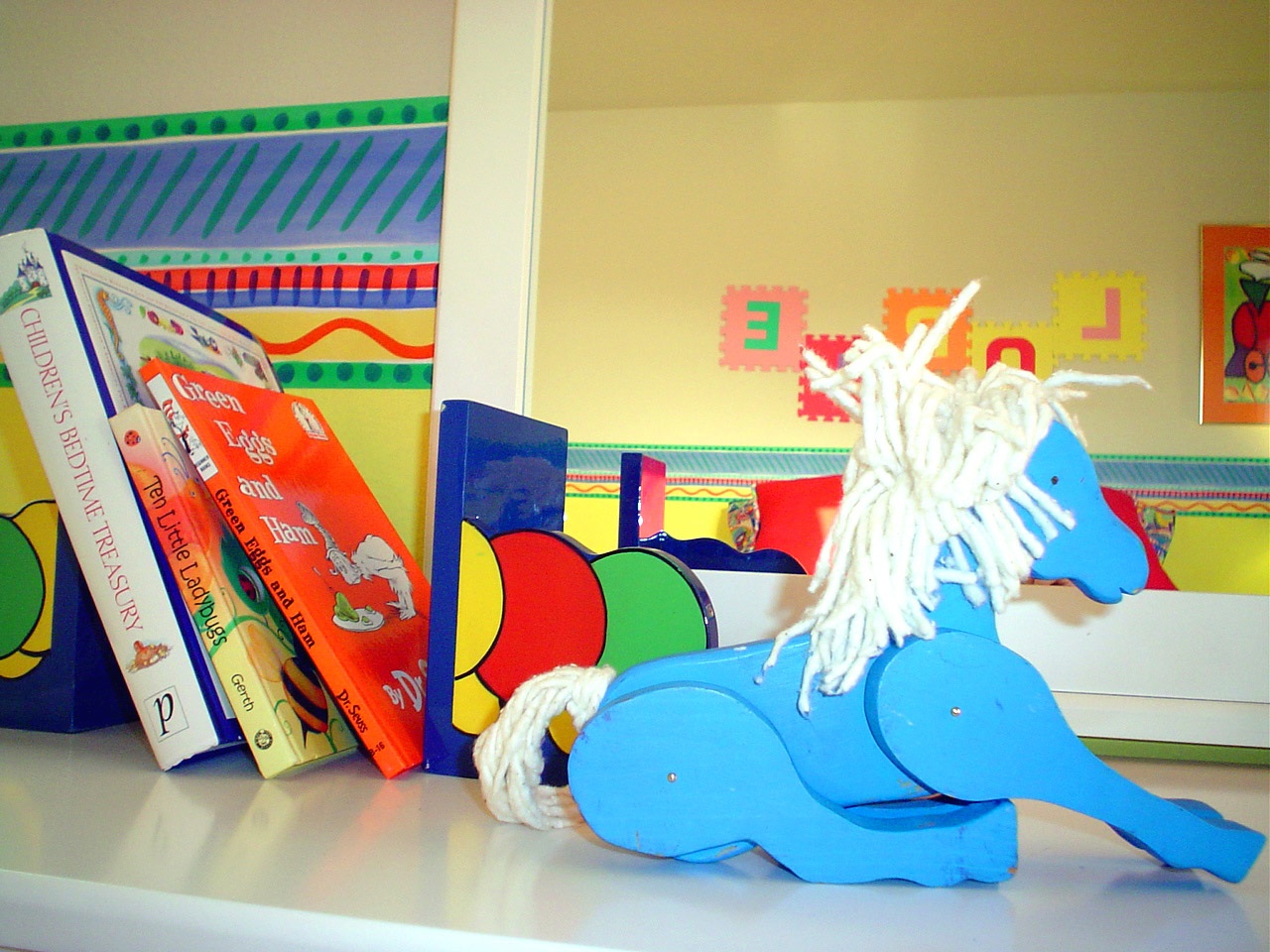Bulletin News

11/02/2012
A child’s cultural education begins in part in the pages of a children’s book, according to Sierra Adare-Tasiwoopa ápi.
A Cherokee, she has focused her research on stereotyping throughout American history. Her work on the subject of children’s books and their impact on the cultural development of children has been published over the past several decades.
A doctoral student in American and transnational studies at University at Buffalo, Adare-Tasiwoopa ápi will discuss “Communicating Cultural Invisibility in Children’s Literature” on Thursday, Nov. 1, at SUNY Cortland.
The talk will take place from 6 to 7:30 p.m. in Corey Union, Room 201. The event is sponsored by the Campus Artist and Lecture Series and the Faculty Development Center. The program is geared to faculty and staff, educators and future educators. Families with children are welcome.
Adare-Tasiwoopa ápi is a member of Wordcraft Circle of Native Writers and Storytellers, a pan-indigenous association seeking to ensure that the voices of indigenous and Hispanic peoples in the Americas are heard throughout the world.
Her message about culture is a universal one: understanding begins with becoming more aware of what our children are taught and the influence children’s literature has on society.
“Based on assumptions of the universality of values and Euro-western culture epitomizing societal achievement, children’s books dating back to the early 1700s have been designed to educate and socialize America’s youth by exposing youths to diverse cultures and experiences,” she said.
“Stories about indigenous peoples and cultures remain popular throughout the history of children’s literature,” Adare-Tasiwoopa ápi said. “However, since the civil rights movement parents and educators have raised concerns about the perpetuation of damaging stereotypical depictions and inaccurate depiction of traditional gender roles more in line with Euro-western social norms than indigenous cultures. Calls for greater accuracy and authentic inclusion have met with unexpected resistance and inequity in representation, despite indigenous authors entering into the realm of publishing children’s books.”
The presentation will examine indigenous storylines and imagery in selected historical and contemporary children’s books written by indigenous and non-indigenous authors. Adare-Tasiwoopa ápi will make, as proposed by Edward Said, a comparative close reading against the grain of authors and illustrators’ handling of both text and visuals, as well as the intended audience, in order to expose areas of stories where the Indigenous perspective or participation has been erased or “sanitized.”
This contrastive analysis also uses Debbie Reese’s indigenizing methodology in exploring ways indigenous themes, characters and cultures can be (re)envisioned in children’s literature. Such a restoration would serve to advance children’s knowledge of diverse cultures and enhance social justice.
“As Eleanor Roosevelt once noted, it is not possible to comprehend the world from a single viewpoint,” Adare-Tasiwoopa ápi said. “In order to become good world leaders, she insisted that Americans must first come to understand the people who comprised our own nation. Understanding begins with becoming more aware of what our children are taught and the influence children’s literature has on society.”
Adare-Tasiwoopa ápi has conducted research for an education film for Educational Fundamentals, a 501 (c) 3 non-profit.
She has a Bachelor of Arts in Interdisciplinary Studies from SUNY Empire State College and a Master of Arts in Indigenous Nations Studies from the University of Kansas.
She received a Ford Foundation Diversity Fellowship. She also won a grant from the Mark Diamond Research Fund for work on her dissertation.
For more information, contact Linda Rosekrans, lecturer in English, at (607) 423-7883.

